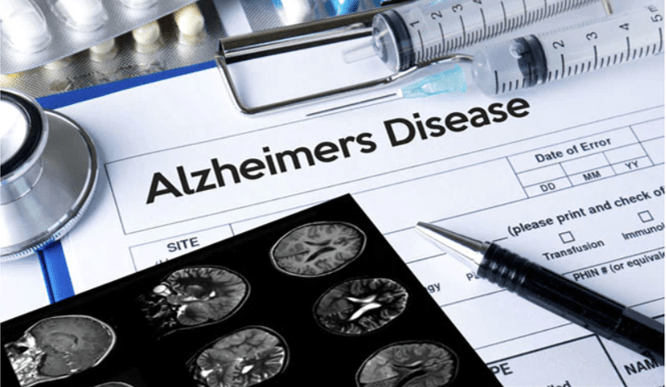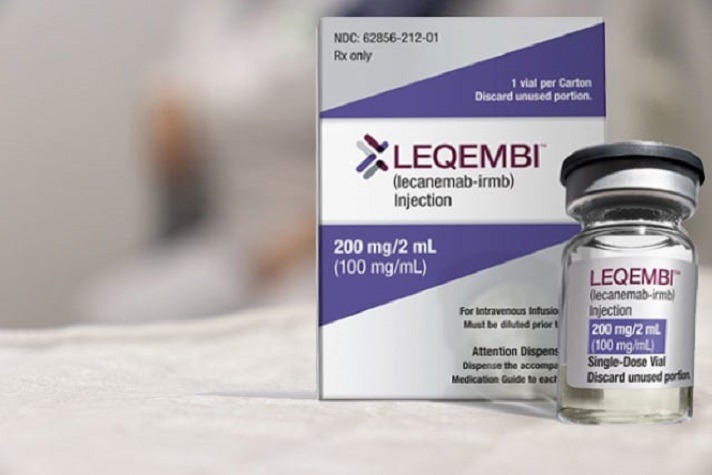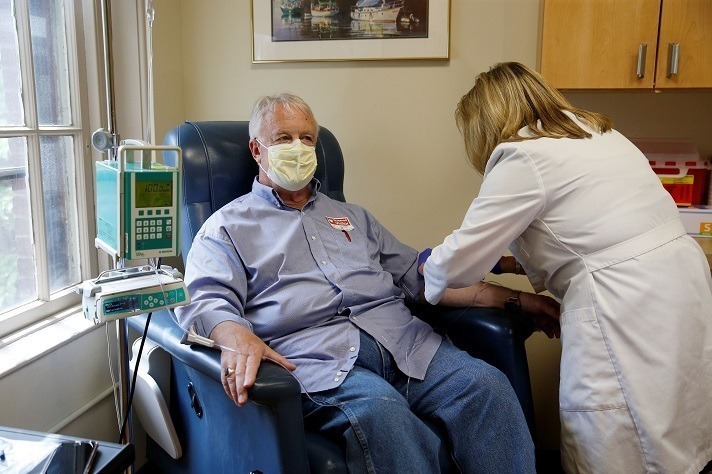Posts Tagged ‘aducanumab’
Systematic review finds more clinical harm than benefits in Alzheimer’s “treatments” lecanemab, aducanumab, and donanemab
Study questions benefit of new Alzheimer’s drug (UGA Today): Last summer, the U.S. Food and Drug Administration fully approved the first drug shown to slow the progress of Alzheimer’s. But new research from the University of Georgia suggests that patients and caregivers may not experience any benefit from the drug in their daily lives. The drug, Leqembi,…
Read MoreFour reasons to question “new generation” monoclonal antibody Alzheimer’s drugs such as aducanumab (Aduhelm), lecanemab (Leqembi), donanemab
New Alzheimer’s Drugs Don’t Deserve the Hype (Being Patient): A prominent childhood memory is of my grandparents living with and then dying from dementia. As is universal with dementia, there was a double blow: watching my grandparents lose their identity and seeing the suffering of those closest to them.
Read MoreCMS: anti-amyloid drug Leqembi (lecanemab) doesn’t meet the “reasonable and necessary” standard required for wider Medicare coverage
CMS Sticks to Sharply Limited Coverage of New Alzheimer’s Drug, Leqembi (Managed Healthcare Executive): For now, CMS (Note: Centers for Medicare & Medicaid Services) is sticking to the coverage decision it made for Aduhelm (aducanumab) and applying it Leqembi (lecanemab). The decision limits Medicare coverage of the two Alzheimer disease’s drugs to Medicare beneficiaries who…
Read MoreCould I be wrong? Exploring cognitive bias, curiosity, intellectual humility, and lifelong learning
Welcome to a new edition of SharpBrains’ e‑newsletter, featuring eight timely scientific and industry news plus a few fun teasers to appreciate our unique human brains. #1. Could I be wrong? Exploring research on cognitive bias, curiosity, intellectual humility, and lifelong learning “None of us thinks that our beliefs and attitudes are incorrect; if we…
Read MoreAmyloid-related imaging abnormalities (ARIA) found in approximately 40% of patients taking “Alzheimer’s drug” Aduhelm
Study: Biogen’s Aduhelm Caused Brain Swelling in Over One-Third of Study Participants (BioSpace): Attention is being focused on a side effect of Biogen’s Alzheimer’s drug, Aduhelm (aducanumab). Even before its controversial approval on June 7, there were cases of amyloid-related imaging abnormalities (ARIA‑E), or cerebral edema, observed in the trials.
Read MoreStudy: Fewer than 1% of geriatric patients with cognitive complaints met Aduhelm research trial criteria. What can we expect about its real-world safety?
Biogen’s Aduhelm label far exceeds clinical trial population, study says. That could bring real-world surprises (Fierce Pharma): While the chatter surrounding Biogen’s controversial Alzheimer’s med Aduhelm has largely been centered on a pivotal Medicare reimbursement decision as of late, analysts are pointing to one new study that suggests there may be “room for surprises” when…
Read More





